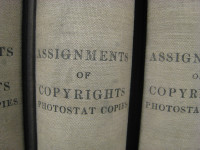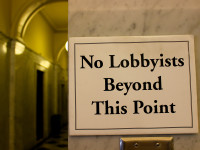The Federal Court of Appeal delivered its long-awaited copyright ruling in the York University v. Access Copyright case last month. This latest decision effectively confirms that educational institutions can opt-out of the Access Copyright licence since it is not mandatory and that any claims of infringement will be left to copyright owners to address, not Access Copyright. The decision is a big win for York University and the education community though they were not left completely happy with the outcome given the court’s fair dealing analysis.
The decision also represents a major validation for University of Toronto law professor Ariel Katz, whose research and publications, which made the convincing case that a ‘mandatory tariff’ lacks any basis in law”, was directly acknowledged by the court and played a huge role in its analysis. Professor Katz joins me on the podcast this week to talk about the case, the role of collective licensing in copyright law, and what might come next for a case that may force Access Copyright to rethink the value proposition of its licence.








